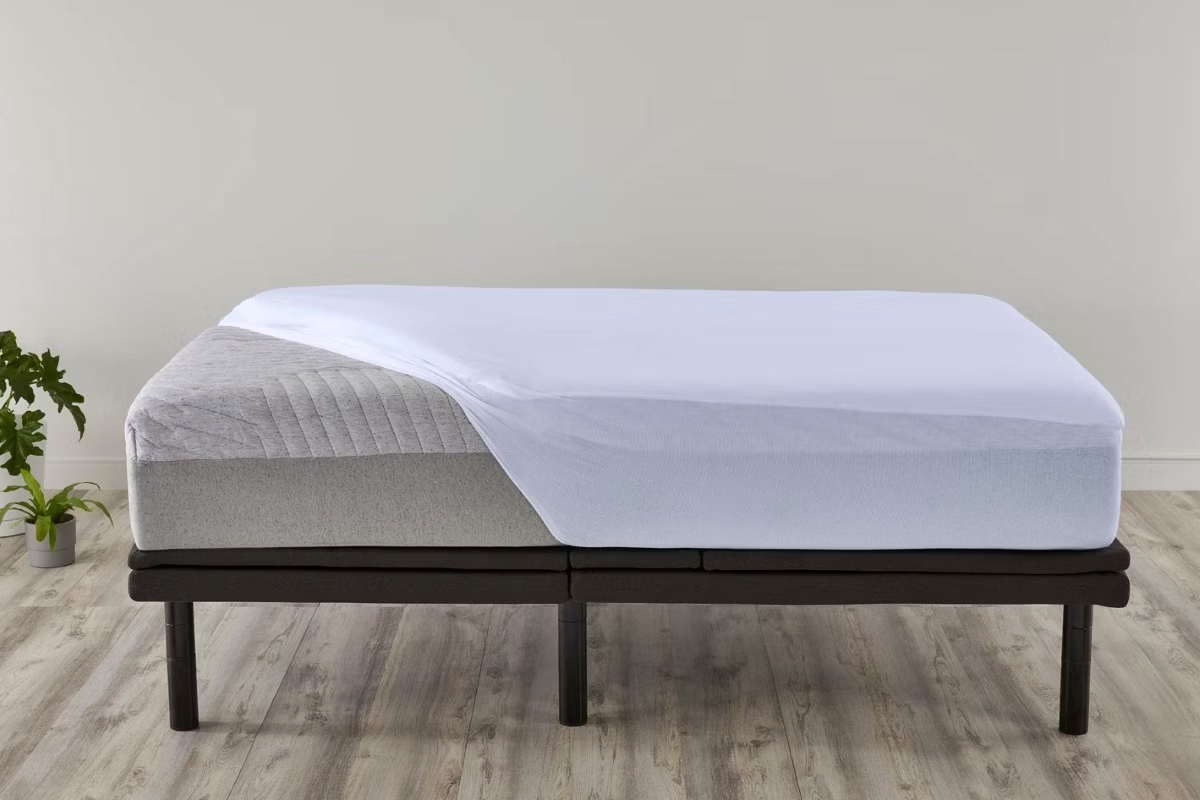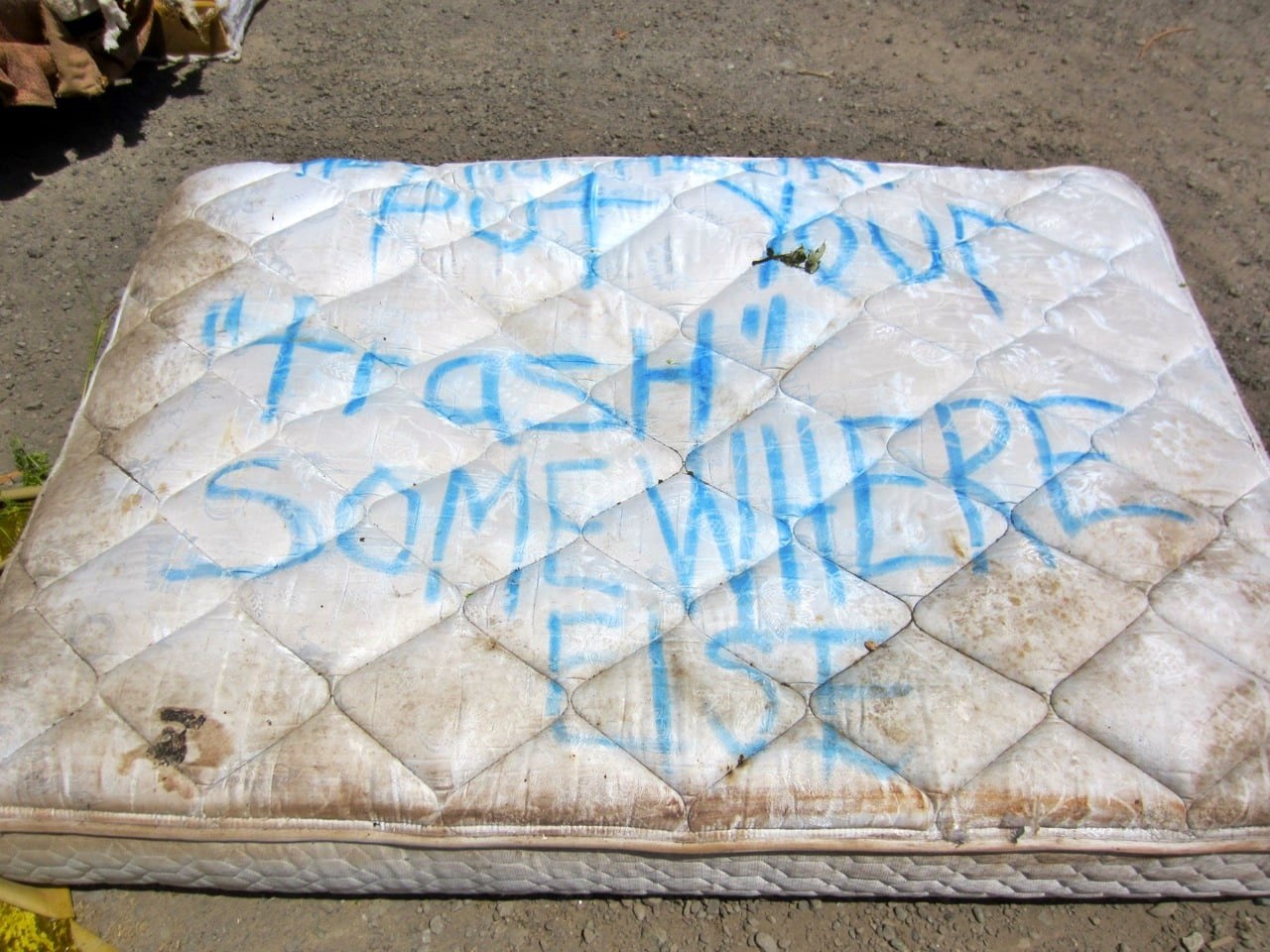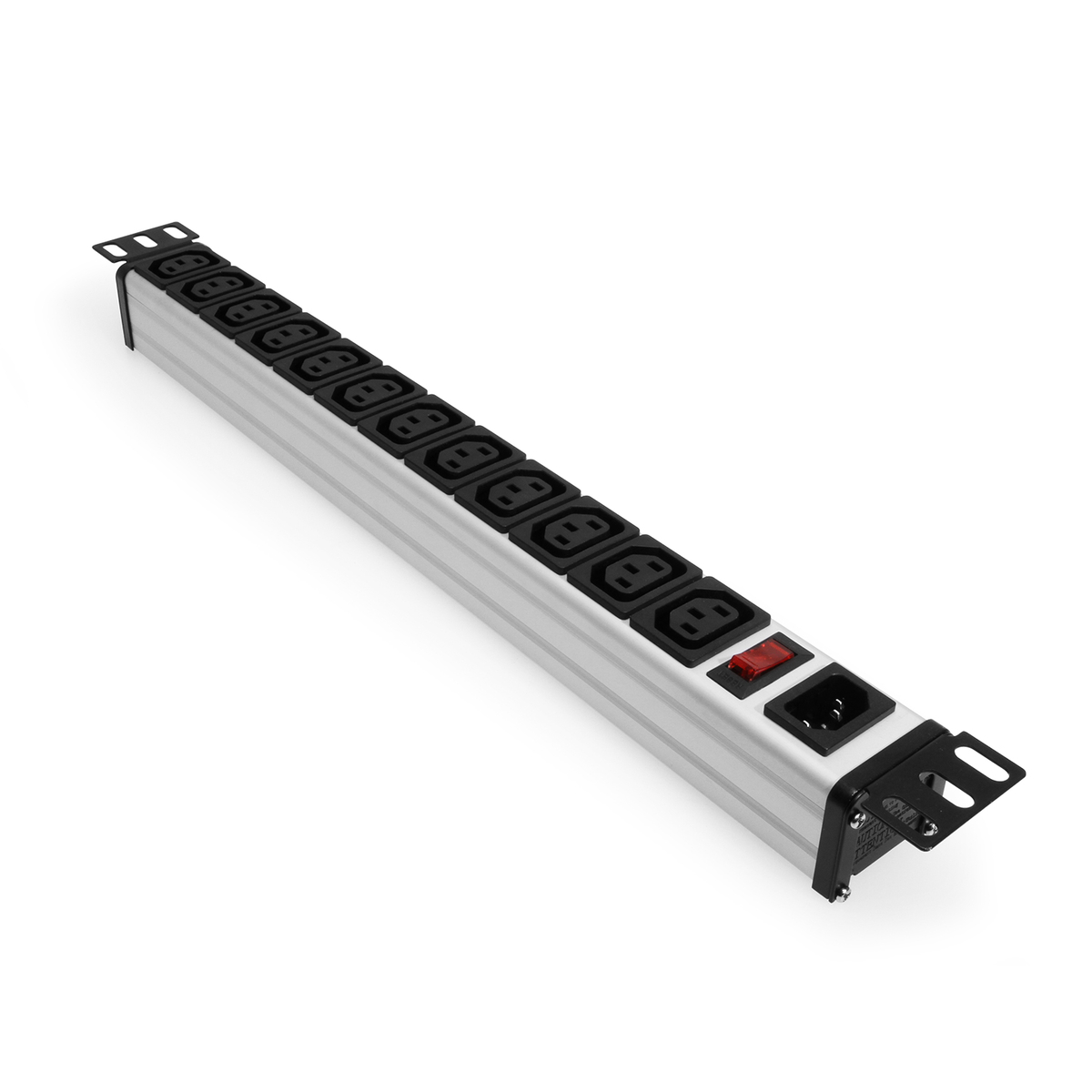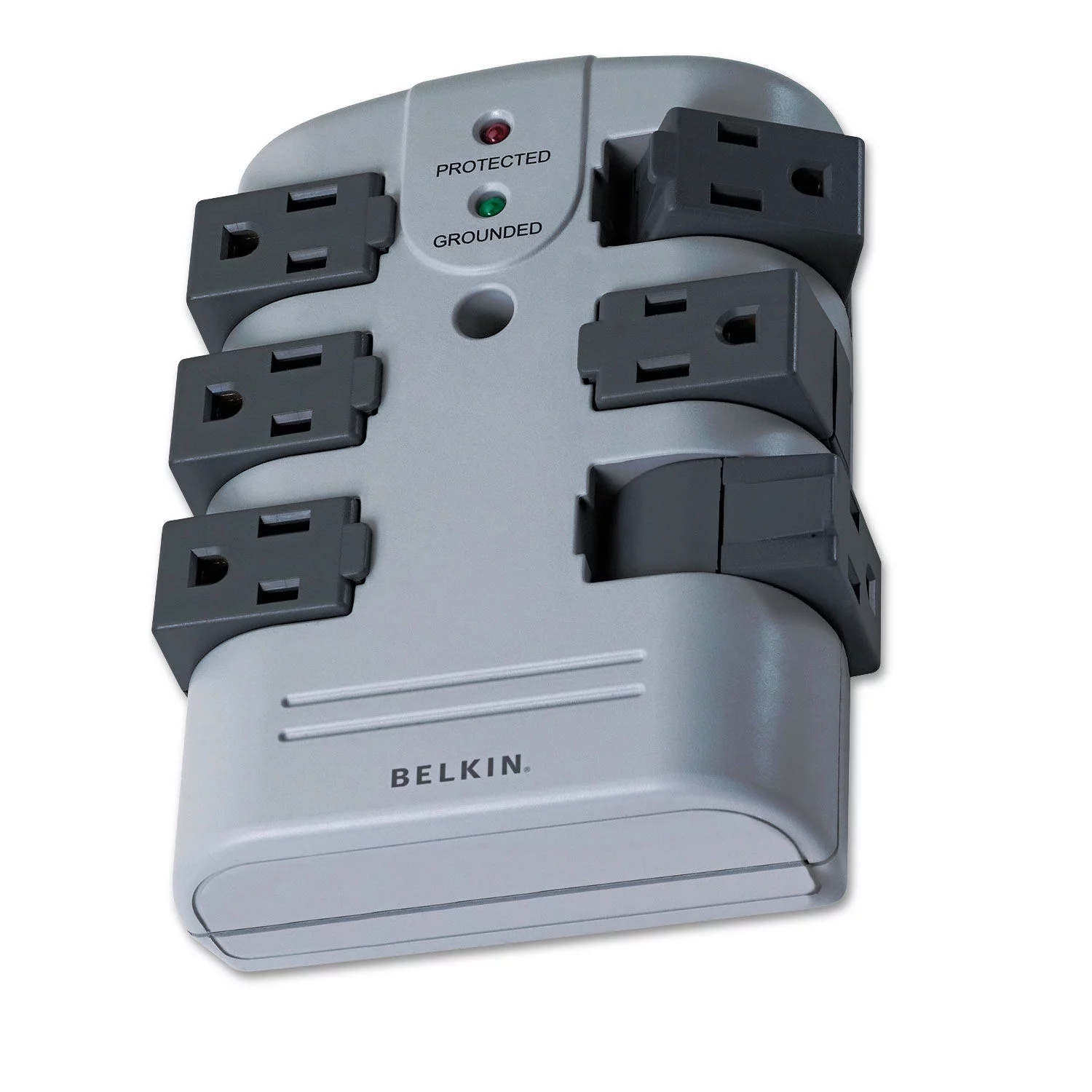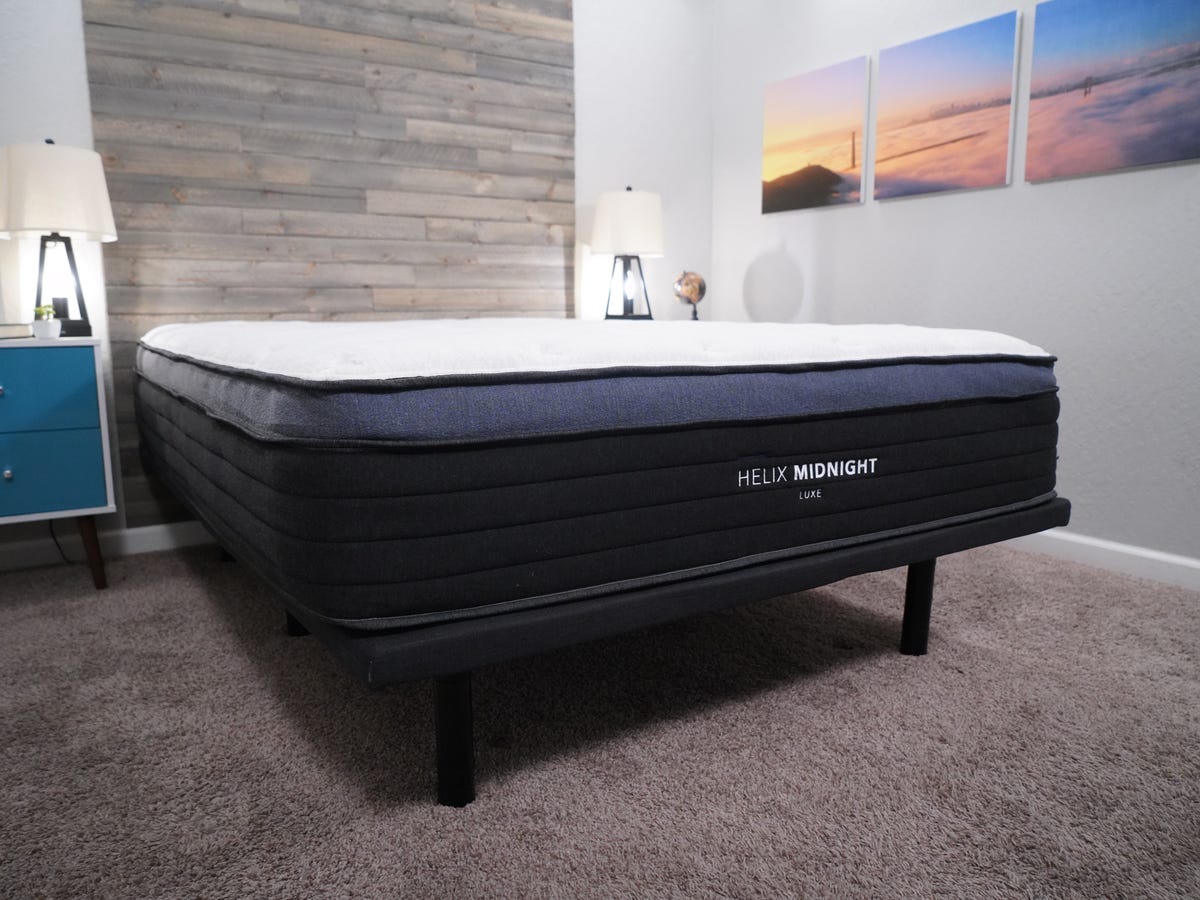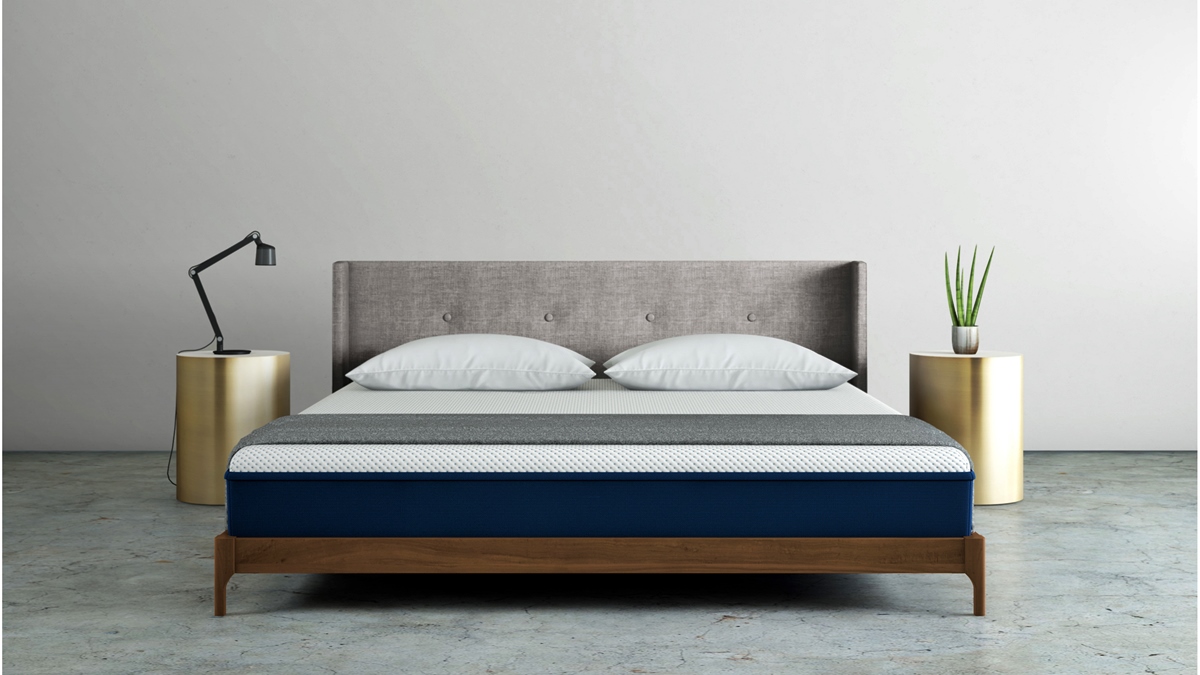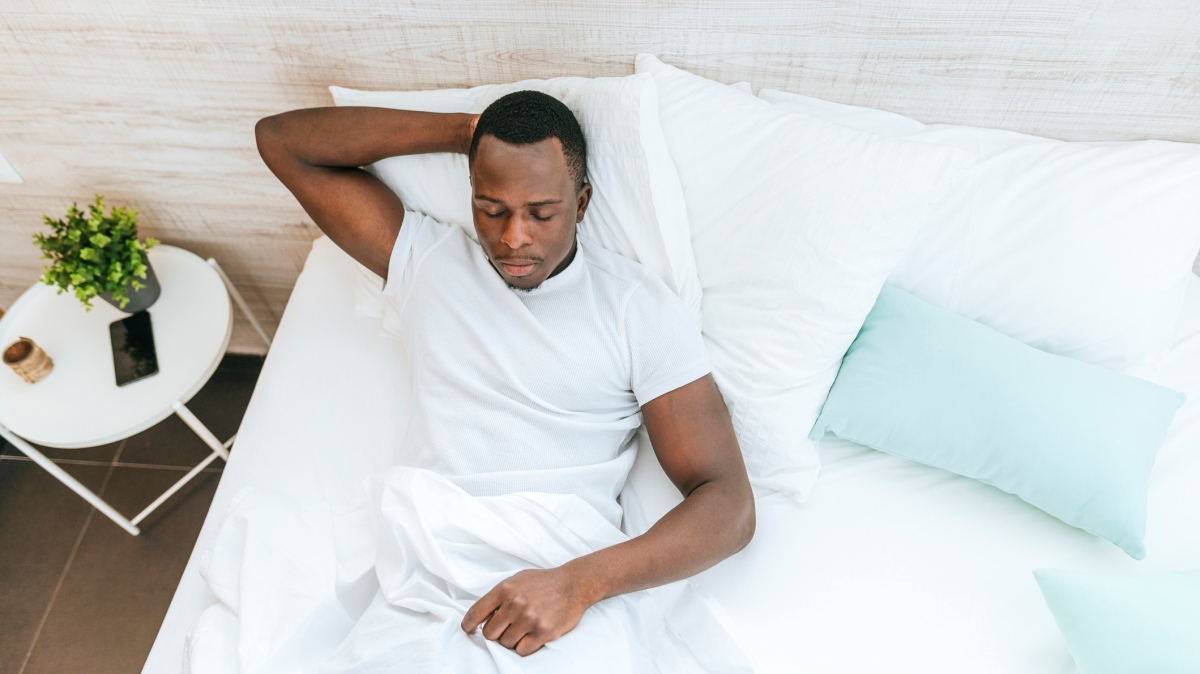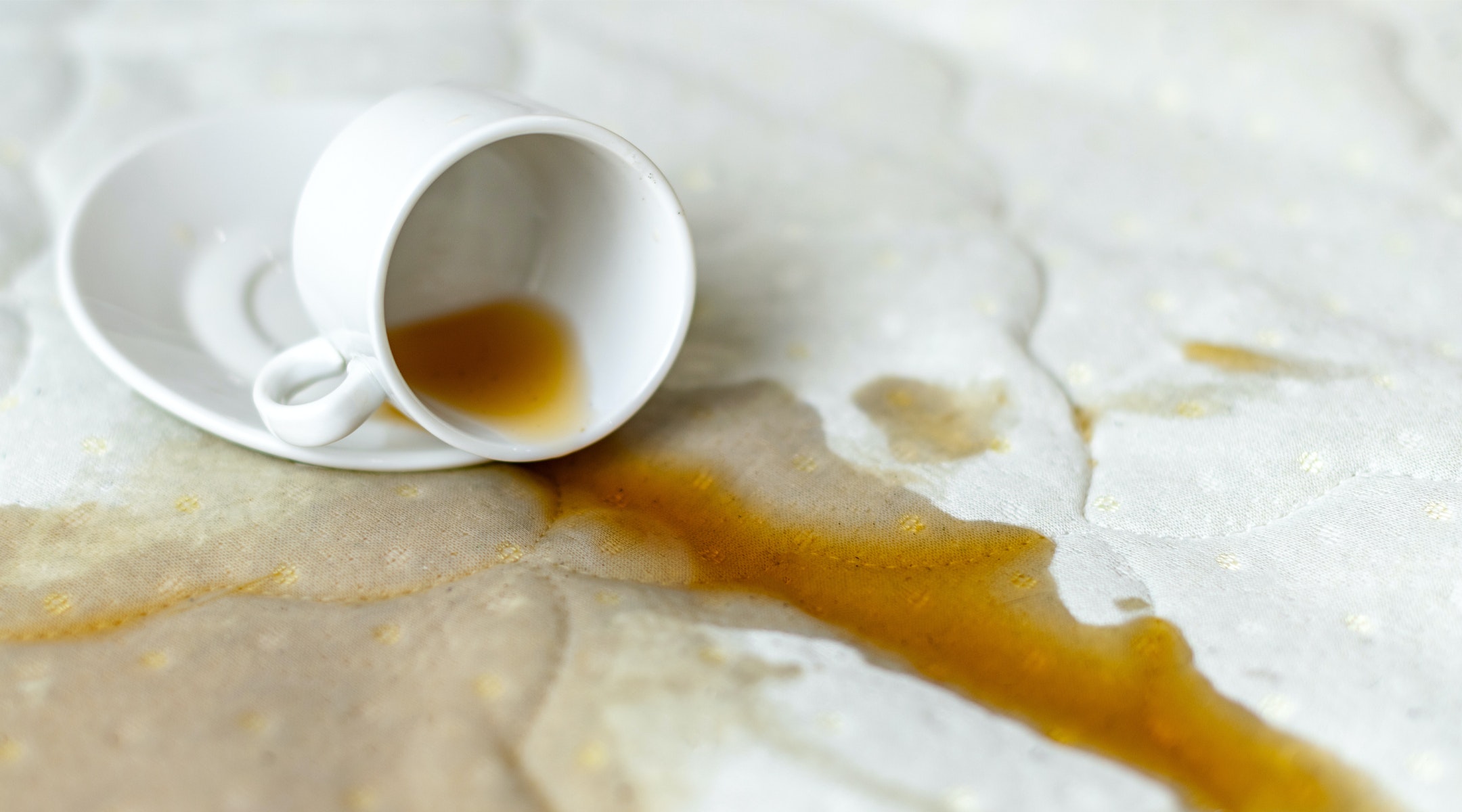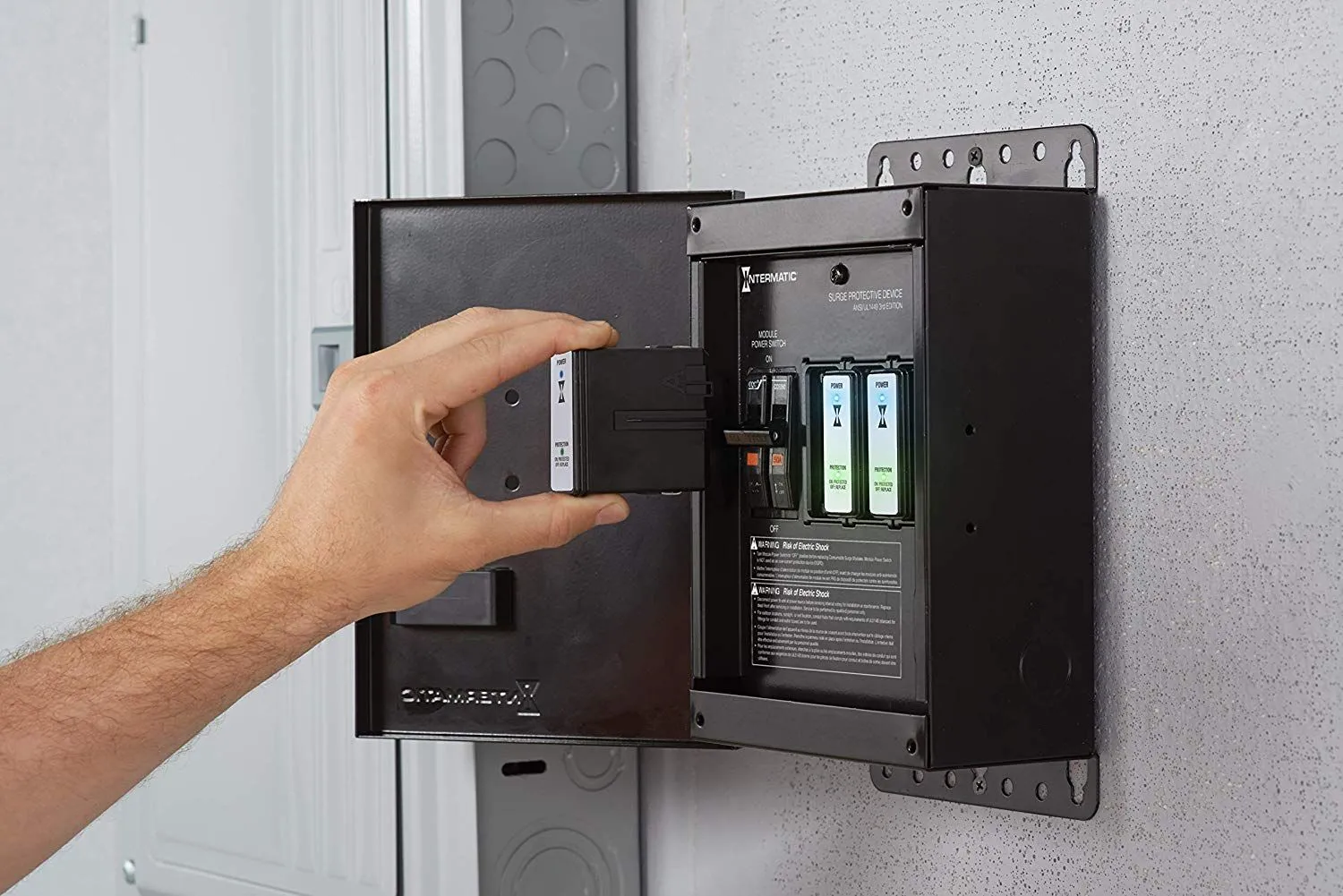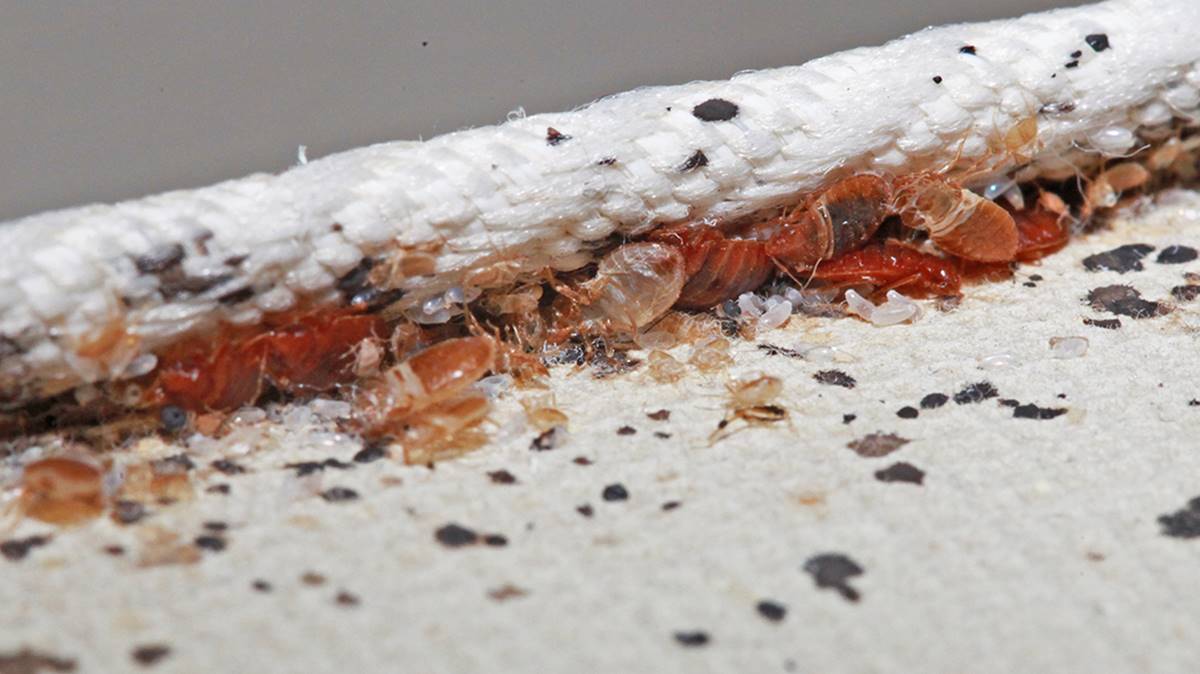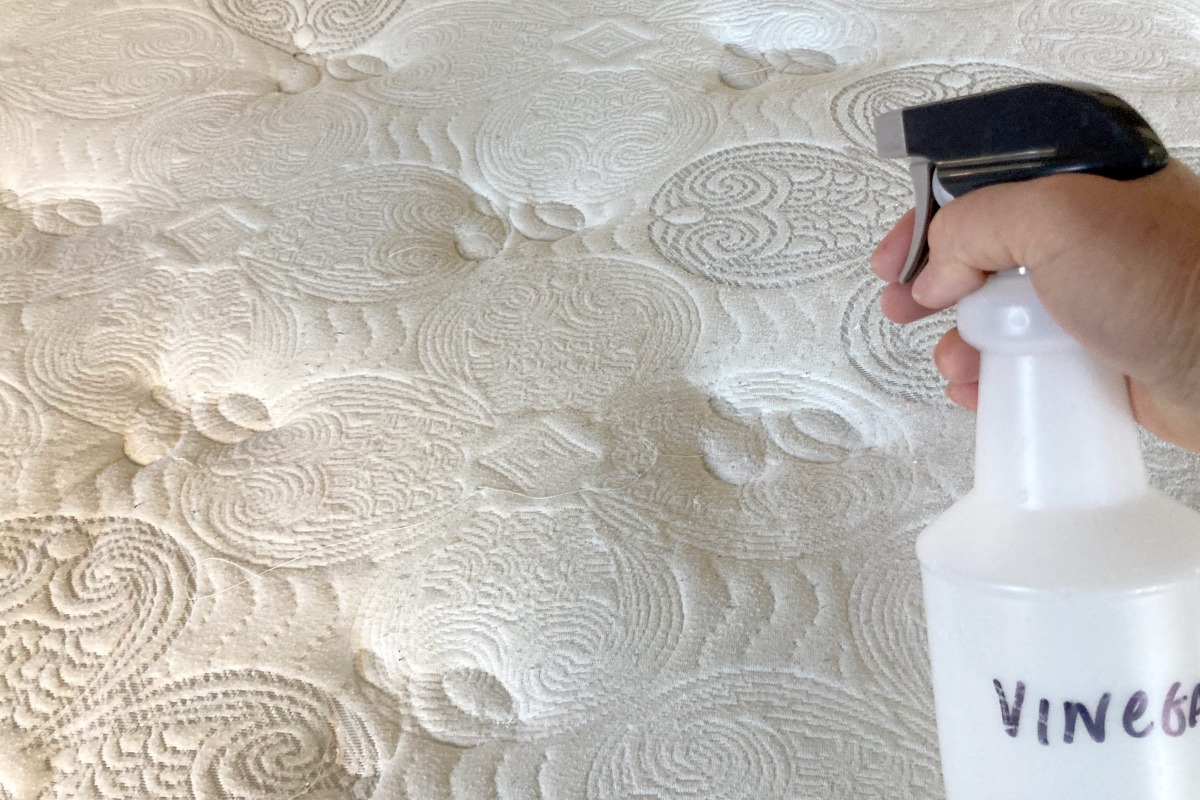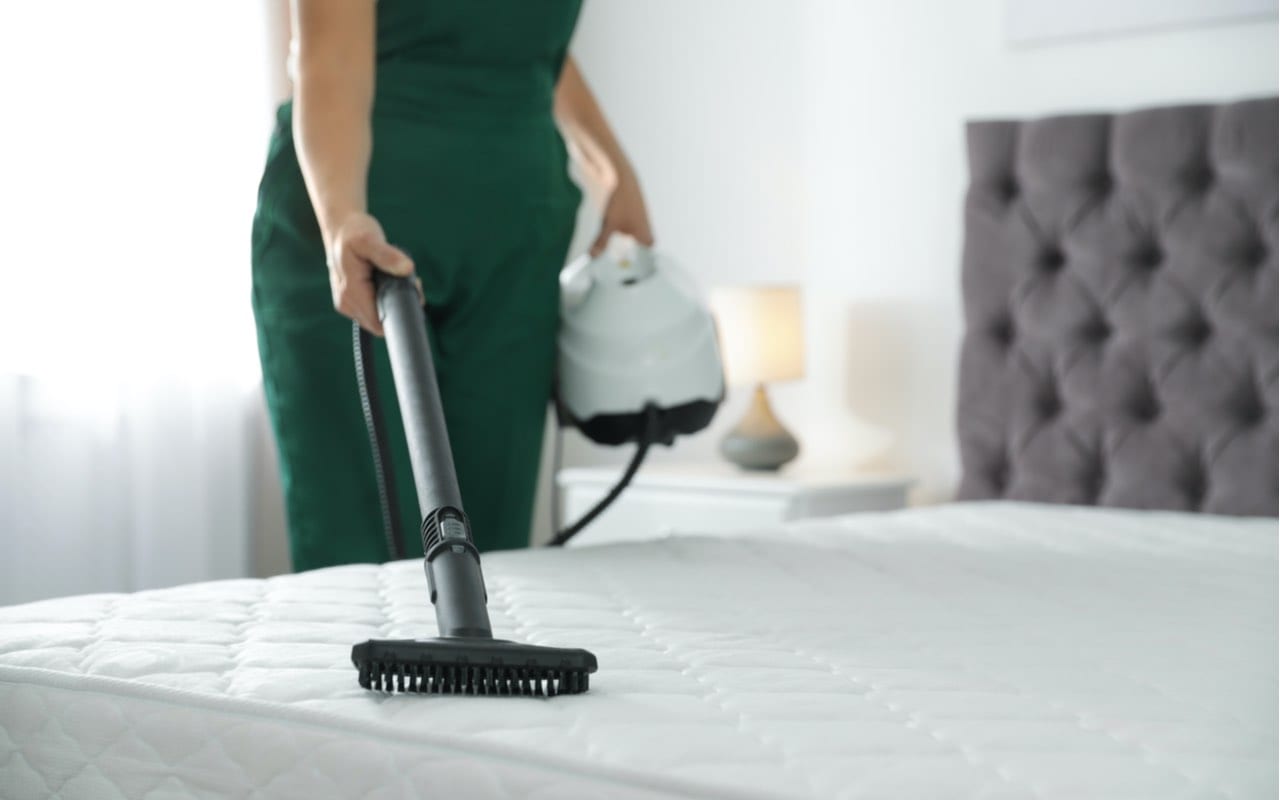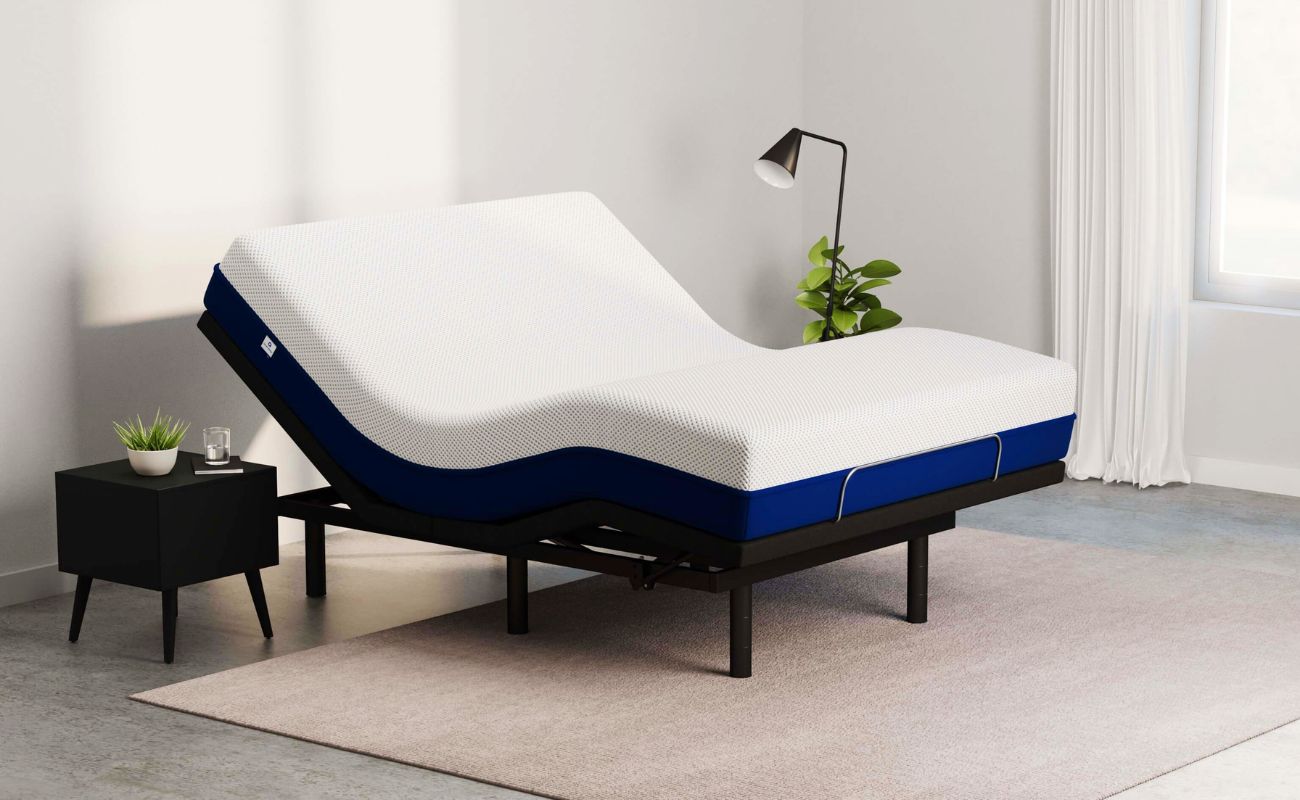Home>Furniture>Bedroom Furniture>What Do Mattress Protectors Do
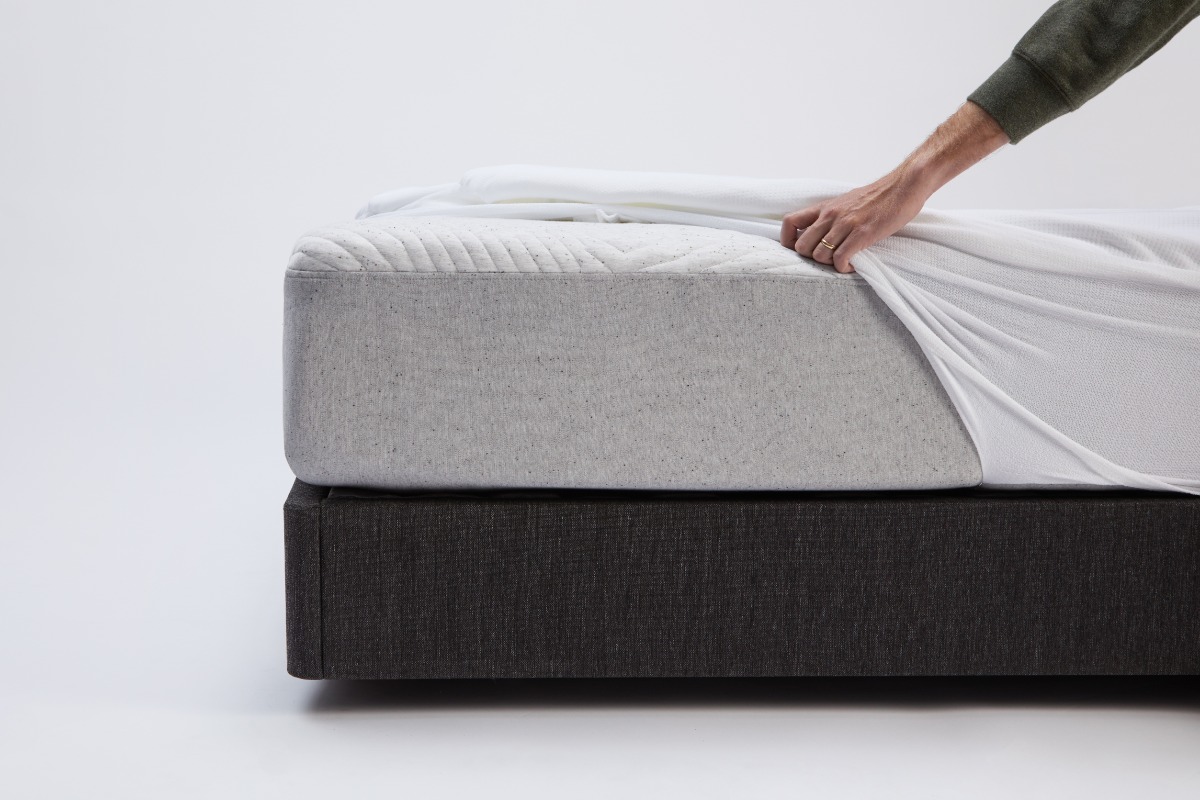

Bedroom Furniture
What Do Mattress Protectors Do
Modified: November 1, 2024
Mattress protectors are an essential bedroom furniture accessory that safeguards your mattress from spills, stains, allergens, and bed bugs. Discover the benefits of using a mattress protector to prolong the life of your bed.
(Many of the links in this article redirect to a specific reviewed product. Your purchase of these products through affiliate links helps to generate commission for Storables.com, at no extra cost. Learn more)
Introduction
When it comes to creating a cozy and comfortable bedroom, one essential item often overlooked is the mattress protector. While mattresses are undoubtedly an important investment, many people tend to neglect the protection and care necessary to ensure their longevity. This is where mattress protectors come into play. These versatile and practical bedding accessories provide an extra layer of defense against spills, dirt, dust mites, allergens, and even bed bugs.
In this article, we will delve into the importance of mattress protectors and explore the various benefits they offer. We will also discuss the different types of mattress protectors available in the market and provide valuable insights on how to choose the right one for your specific needs. Additionally, we will touch upon the proper cleaning and maintenance practices to keep your mattress protector in optimal condition.
If you want to prolong the life of your mattress and ensure a clean and healthy sleeping environment, keep reading to discover everything you need to know about mattress protectors.
Key Takeaways:
- Mattress protectors are essential for safeguarding your mattress against spills, allergens, and wear and tear, ultimately prolonging its lifespan and ensuring a cleaner, healthier sleep environment.
- Choosing the right mattress protector involves considering factors such as size, material, protection features, comfort, and ease of cleaning, ensuring optimal protection and comfort for your mattress.
Read more: What Do You Do With An Old Mattress
Importance of Mattress Protectors
When people think about bedding essentials, mattress protectors are often overlooked. However, these simple yet highly effective accessories play a crucial role in maintaining the health, hygiene, and longevity of your mattress.
One of the main reasons why mattress protectors are important is that they act as a barrier against spills, stains, and accidents. From that accidental cup of coffee in the morning to unexpected pet accidents, mattress protectors can help prevent liquids from seeping into the mattress and causing permanent damage. This is especially important if you have young children or pets who may be prone to accidents.
Furthermore, mattress protectors offer protection against dust mites, allergens, and bed bugs. These microscopic pests can wreak havoc on your sleep quality and overall health, causing allergies, asthma, and other respiratory issues. With a mattress protector in place, you create a barrier that prevents these pests from infiltrating your mattress, providing you with a cleaner and healthier sleeping environment.
In addition, mattress protectors can help reduce wear and tear on your mattress. Without a protector, your mattress is vulnerable to sweat, body oils, dead skin cells, and other bodily fluids that can penetrate the surface. Over time, these substances can lead to the accumulation of stains, odor, and even mold growth. By using a mattress protector, you create a shield that keeps your mattress clean and fresh, reducing the need for frequent deep cleaning and extending its lifespan.
Another significant benefit of mattress protectors is their ability to minimize noise and movement transfer. Some protectors are designed with a quilted or padded layer that can effectively absorb sound and vibrations, ensuring a quiet and peaceful sleep. This is particularly beneficial if you share a bed with a partner who tends to toss and turn during the night.
Lastly, mattress protectors are cost-effective compared to the cost of replacing or cleaning a soiled or damaged mattress. Investing in a high-quality protector can save you money in the long run by preserving the integrity of your mattress and reducing the need for professional cleaning or replacement.
Overall, the importance of mattress protectors cannot be overstated. From safeguarding against spills and stains to providing a clean and hygienic sleeping environment, these simple accessories offer a multitude of benefits and should be considered an essential component of any bedding setup.
Benefits of Using Mattress Protectors
Using a mattress protector goes beyond mere mattress protection. These invaluable accessories offer a wide array of benefits that can greatly enhance your sleeping experience. Let’s dive into some of the key advantages of using mattress protectors:
1. Protection against spills and stains: One of the primary benefits of using a mattress protector is its ability to safeguard your mattress against spills, stains, and accidents. Whether it’s a spilled glass of water or a bedtime mishap, the protector acts as a barrier, preventing liquids from seeping into the mattress and potentially causing irreversible damage.
2. Protection against allergens and dust mites: Mattress protectors serve as an effective shield against allergens, dust mites, and other microscopic pests. The tight weave and waterproof properties of some protectors prevent allergens from settling into the mattress, reducing the risk of allergies and respiratory issues.
3. Enhanced sleep hygiene: Using a mattress protector promotes better sleep hygiene by creating a cleaner and healthier sleeping environment. By minimizing the accumulation of dead skin cells, body oils, and sweat on the mattress surface, protectors help maintain a hygienic sleep environment, free from odor-causing bacteria and potential allergens.
4. Prolonged mattress lifespan: By protecting your mattress from stains, spills, and general wear and tear, mattress protectors can significantly extend its lifespan. They act as a barrier against daily wear, preserving the integrity of the mattress and reducing the need for premature replacement.
5. Reduced mattress maintenance: Cleaning and maintaining a mattress can be a laborious task. However, using a mattress protector simplifies the process by acting as a removable and washable layer. Instead of deep cleaning the entire mattress, you can easily remove the protector and launder it, keeping your mattress fresher and cleaner with minimal effort.
6. Improved sleep comfort: Some mattress protectors feature additional padding or quilted layers, which can enhance mattress comfort. They provide an extra cushioning effect, reducing pressure points and promoting a more comfortable and restful sleep.
7. Reduced noise and motion transfer: Certain mattress protectors are designed to absorb sound and minimize motion transfer. This means that even if you or your partner toss and turn throughout the night, the protector can help reduce the noise and movement, allowing for a more uninterrupted and peaceful sleep.
8. Hygienic barrier for individuals with allergies or asthma: For individuals who suffer from allergies or asthma, a mattress protector can be a game-changer. It creates a barrier that prevents allergens from penetrating the mattress, reducing the triggers that can lead to unwanted symptoms.
Overall, the benefits of using mattress protectors extend far beyond mere protection. By investing in a high-quality protector, you can enjoy improved sleep quality, enhanced hygiene, and prolonged mattress lifespan, creating a healthier and more comfortable sleep environment.
Types of Mattress Protectors
When it comes to mattress protectors, there are several different types available to suit varying needs and preferences. Understanding the different options will help you make an informed decision when choosing the right protector for your mattress. Let’s explore the most common types:
1. Waterproof Mattress Protectors: These protectors are specially designed to provide a waterproof barrier against spills, stains, and liquids. They are typically made with a layer of polyurethane or vinyl that effectively repels liquids, preventing them from seeping into the mattress. Waterproof protectors are ideal for households with young children, pets, or individuals who tend to sweat during sleep.
2. Hypoallergenic Mattress Protectors: Hypoallergenic protectors are specifically crafted to create a barrier against allergens, dust mites, and pet dander. They are made with tightly woven fabrics that prevent these microscopic particles from settling into the mattress. Hypoallergenic protectors are an excellent choice for individuals with allergies or asthma, as they provide relief from common allergens that can disrupt sleep.
3. Breathable Mattress Protectors: If you tend to sleep hot or live in a warmer climate, breathable mattress protectors can help regulate your body temperature by allowing for better airflow. These protectors are typically made with moisture-wicking materials that draw sweat away from the body, keeping you cool and comfortable throughout the night.
4. Quilted Mattress Protectors: Quilted protectors offer an additional layer of padding and comfort to the mattress. They are constructed with a quilted design, featuring plush fillings such as cotton or polyester fibers. Quilted protectors not only provide extra softness but also help to distribute body weight evenly for a more comfortable sleep experience.
5. Encasement Mattress Protectors: Encasement protectors offer complete coverage for your mattress. They zip around the entire mattress to encase it fully, providing protection against bed bugs, dust mites, and allergens. These protectors are particularly beneficial for individuals looking for total protection against pests, as they create an impenetrable shield around the entire mattress.
6. Anti-Allergen Mattress Protectors: Anti-allergen protectors are designed to provide a highly effective defense against allergens, such as pollen, mold spores, and pet dander. They feature advanced technologies, such as micro-porous fabrics and allergen-blocking barriers, to ensure optimal protection against common allergens.
7. Adjustable Mattress Protectors: If you have an adjustable bed or use a mattress with adjustable features, an adjustable mattress protector is a great choice. These protectors are designed to accommodate the movement and bending of adjustable mattresses without compromising their protective qualities. They typically feature elasticized corners or deep pockets to ensure a secure fit.
It’s important to assess your specific needs and priorities when selecting a mattress protector. Consider factors such as waterproofing, allergen protection, breathability, comfort, and compatibility with your mattress type to make an informed choice that meets your requirements.
When choosing a mattress protector, look for one that is waterproof, hypoallergenic, and easy to clean. This will help protect your mattress from spills, allergens, and dust mites, extending its lifespan and keeping it clean and fresh.
How to Choose the Right Mattress Protector
Choosing the right mattress protector is essential to ensure optimal protection and comfort for your mattress. With various options available in the market, it’s important to consider several factors when making your decision. Here’s a guide to help you choose the right mattress protector:
1. Size and Fit: The first consideration is to ensure that the protector you choose matches the size of your mattress. Most protectors come in standard sizes (twin, full, queen, king, etc.), but it’s crucial to check the measurements and dimensions to ensure a proper fit. Look for protectors with deep pockets or elasticized corners to ensure a snug and secure fit.
2. Material: Pay attention to the material used in the mattress protector. Common materials include cotton, polyester, bamboo, or a blend of fabrics. Each material has its own benefits, so choose one that suits your preferences. Cotton is soft and breathable, while bamboo offers natural moisture-wicking properties. Polyester is durable and easy to care for.
3. Protection Features: Consider the level of protection you need. If you’re concerned about spills and stains, opt for a waterproof protector. If allergens or dust mites are a concern, choose a hypoallergenic or anti-allergen protector. Assess your specific needs and select a protector that offers the desired level of protection.
4. Comfort: Look for a mattress protector that enhances your overall sleep comfort. Quilted protectors provide an extra layer of padding for added comfort, while breathable materials help regulate temperature and prevent overheating. Consider your personal preferences and prioritize a protector that will contribute to a good night’s sleep.
5. Ease of Cleaning: Check the care instructions for the mattress protector. Look for one that is easy to clean and maintain. Ideally, it should be machine washable and dryer-friendly. This will ensure hassle-free cleaning and help keep your protector fresh and hygienic.
6. Noise and Motion: If you are sensitive to noise or disturbed by partner movement during sleep, look for a mattress protector that minimizes noise and motion transfer. Quilted or padded protectors can help absorb sound and vibrations, allowing for a more peaceful and undisturbed sleep.
7. Warranty and Return Policy: Before making a purchase, check the warranty and return policy offered by the manufacturer. A good warranty ensures that you are protected against any defects or issues with the protector. Additionally, a favorable return policy allows you to return or exchange the protector if it doesn’t meet your expectations.
By considering these factors and determining your specific needs, you’ll be able to choose a mattress protector that provides the desired level of protection, comfort, and durability for your mattress. Remember, investing in a high-quality protector is an investment in the longevity and hygiene of your mattress.
Read more: What Does A Mattress Pad Do
How to Clean and Maintain a Mattress Protector
Cleaning and maintaining your mattress protector is crucial for its longevity and effectiveness. Regular cleaning helps to remove dirt, stains, and allergens, ensuring a clean and hygienic sleep environment. Here are some tips on how to clean and maintain a mattress protector:
1. Read the Care Instructions: Before cleaning your mattress protector, always check the care instructions provided by the manufacturer. Different protectors may have specific cleaning requirements, so it’s important to follow these guidelines to avoid damaging the protector.
2. Regularly Launder the Protector: It’s recommended to wash your mattress protector every 1-2 months, or as needed. Most mattress protectors are machine washable, so simply remove the protector from the mattress and place it in the washing machine. Use a gentle cycle and cold or warm water, and avoid using bleach or harsh detergents.
3. Choose a Suitable Detergent: Opt for a mild, non-bleach detergent when washing your mattress protector. Harsh chemicals can damage the waterproof or protective coating of the protector. If you have a hypoallergenic protector, make sure to use a detergent that is free from perfumes and dyes.
4. Dry Thoroughly: After washing, tumble dry the mattress protector on low heat or air dry it outdoors if weather permits. Ensure that the protector is completely dry before reapplying it to your mattress to prevent mold or bacteria growth. Avoid high heat settings, as it can cause shrinkage or damage to the protector.
5. Spot Cleaning: For small stains or spills, spot clean the affected area immediately. Blot the stain gently with a cloth or sponge dipped in a mixture of mild detergent and water. Avoid scrubbing vigorously, as it can damage the fabric. Once the stain is removed, allow the protector to air dry completely.
6. Use Mattress Pads or Toppers: To provide an additional layer of protection, consider using a mattress pad or topper over the mattress protector. These can help absorb sweat, spills, and stains, minimizing the need for frequent washing of the protector itself.
7. Regularly Rotate or Flip the Mattress: To evenly distribute wear and tear on both the mattress protector and the mattress itself, it’s advisable to rotate or flip the mattress regularly. This helps to maintain the integrity of the protector and ensures long-lasting protection.
8. Inspect for Damage: Periodically inspect your mattress protector for any signs of wear or damage. Check for tears, rips, or worn-out areas that may compromise its protective capabilities. If you notice any significant damage, it may be time to replace the protector.
By following these cleaning and maintenance tips, you can keep your mattress protector in excellent condition, ensuring its effectiveness in protecting your mattress and providing you with a clean and hygienic sleep surface for years to come.
Frequently Asked Questions about Mattress Protectors
1. Do I really need a mattress protector?
Yes, a mattress protector is highly recommended to prolong the life of your mattress, prevent stains and spills, protect against allergens, and maintain a clean and hygienic sleep environment.
2. Can a mattress protector help with allergies?
Yes, certain mattress protectors are specifically designed to create a barrier against allergens, such as dust mites, pet dander, and pollen. These protectors help reduce allergy symptoms and improve sleep quality for individuals with allergies.
3. Should I choose a waterproof or water-resistant mattress protector?
If you are concerned about spills, accidents, or liquid penetration, it’s recommended to choose a waterproof mattress protector. Water-resistant protectors offer some level of liquid resistance but may not provide full protection against spills.
4. How often should I wash my mattress protector?
It’s generally recommended to wash your mattress protector every 1-2 months or as needed. However, it’s a good idea to refer to the specific care instructions provided by the manufacturer.
5. Can I use a mattress protector with an adjustable bed?
Yes, there are mattress protectors specifically designed to accommodate adjustable beds. Look for protectors with elasticized corners or deep pockets to ensure a snug and secure fit.
6. How do I know if a mattress protector will fit my mattress?
Check the dimensions of your mattress and compare them with the available sizes of the mattress protector. Most protectors come in standard sizes (twin, full, queen, king, etc.), but confirm the measurements and ensure a proper fit.
7. Can I use a mattress protector with a memory foam mattress?
Yes, mattress protectors are suitable for use with all types of mattresses, including memory foam. They offer an additional layer of protection and help maintain the condition of your mattress.
8. Can a mattress protector help with bed bugs?
Encasement mattress protectors can provide a protective barrier against bed bugs, preventing them from infesting your mattress. These protectors fully encase the mattress, making it difficult for bed bugs to penetrate.
9. Are mattress protectors machine washable?
Many mattress protectors are machine washable. Always refer to the care instructions provided by the manufacturer to determine the proper cleaning method for your specific protector.
10. Can a mattress protector improve sleep comfort?
Certain mattress protectors, such as quilted protectors, offer an extra layer of padding and can enhance sleep comfort by providing additional cushioning and pressure relief.
Remember, if you have specific concerns or questions about mattress protectors, it’s always best to consult the manufacturer or a bedding professional for personalized advice and recommendations.
Conclusion
A mattress protector may seem like a small and insignificant accessory, but its benefits are far-reaching. From protecting against spills, stains, and allergens to enhancing sleep comfort and prolonging the lifespan of your mattress, a mattress protector is an essential investment for any bedroom. By acting as a barrier against liquids, dust mites, bed bugs, and allergens, these versatile protectors create a clean and hygienic sleep environment, reducing the risk of allergies, asthma, and other respiratory issues.
Choosing the right mattress protector involves considering factors such as size, material, protection features, comfort, and ease of cleaning. With a wide range of options available, including waterproof, hypoallergenic, breathable, and quilted protectors, there’s a protector to suit every need and preference. Regular maintenance, including washing and spot cleaning, ensures the longevity and effectiveness of the protector.
Whether you have a luxurious memory foam mattress or a traditional innerspring mattress, a mattress protector is an invaluable addition to your bedding setup. It not only safeguards your investment but also contributes to a healthier and more comfortable sleep experience.
So, don’t overlook the importance of a mattress protector. Invest in one today and enjoy the peace of mind that comes with knowing your mattress is protected, your sleep environment is cleaner, and your sleep quality is enhanced. Your mattress will thank you!
Frequently Asked Questions about What Do Mattress Protectors Do
Was this page helpful?
At Storables.com, we guarantee accurate and reliable information. Our content, validated by Expert Board Contributors, is crafted following stringent Editorial Policies. We're committed to providing you with well-researched, expert-backed insights for all your informational needs.
